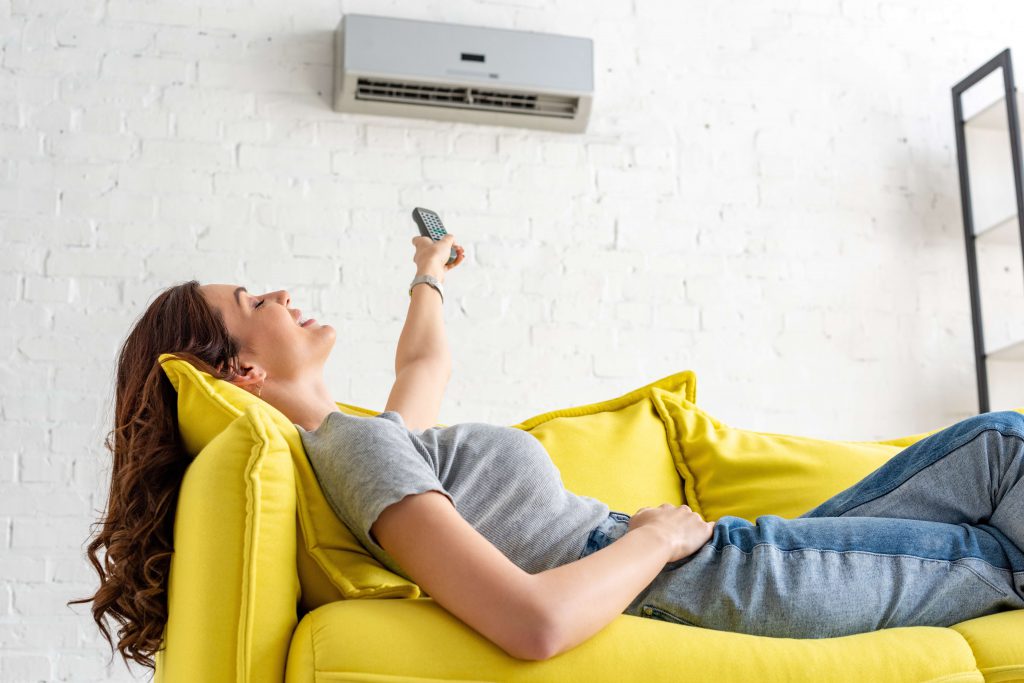Recent heatwaves have seen a surge in homeowners considering air conditioning. While it’s a logical choice for many, there are several misconceptions surrounding its use. Let’s debunk four prevalent myths about home air conditioning.

1. Harmful to the environment: Partly true, but not as much as you think
A common belief is that the refrigerants used in air conditioners are extremely harmful to the environment. While these refrigerants can be detrimental, they operate within a closed system. If the air conditioner is sealed properly, there shouldn’t be any emissions. However, a point of concern is the electricity consumption of these units. If the electricity source isn’t green, it can indeed have a negative environmental impact.
2. Using them heats up the outdoors: True
This effect is particularly noticeable in urban centers. Air-to-air exchangers release indoor heat outside. In densely populated areas with many air conditioning units, this can lead to "heat islands," where localized temperatures are significantly higher than surrounding areas.
3. They consume a lot of electricity: Both true and false
The electricity consumption largely depends on the model you choose. Fixed models with heat pumps tend to consume less electricity. If you opt for a reversible model, the air conditioner can even save you money during winters. It can act as a more economical heating solution compared to many electric heaters available in the market.
4. Bad for health: It’s all about how you use it
Using air conditioning wisely is the key. Setting it to 18 degrees when the outside temperature is 30 can indeed cause health issues. Additionally, air conditioners can dry out the indoor air, leading to sore throats or irritated eyes. However, when used judiciously, these risks are minimal.
On the positive side, some air conditioners come equipped with filters that eliminate toxic emissions from the outside air. This can be particularly beneficial for allergy sufferers. Moreover, certain air conditioning units can also function as dehumidifiers, especially useful in overly humid homes during winters.
Conclusion
Air conditioning, when chosen and used correctly, can be a boon for homeowners, especially during extreme weather conditions. While there are valid concerns about their environmental impact and health implications, understanding and addressing these issues can lead to a comfortable and responsible cooling solution. As the real estate market continues to evolve, it’s essential for homeowners to stay informed and make choices that benefit both their comfort and the environment.

 Open Immovlan
Open Immovlan